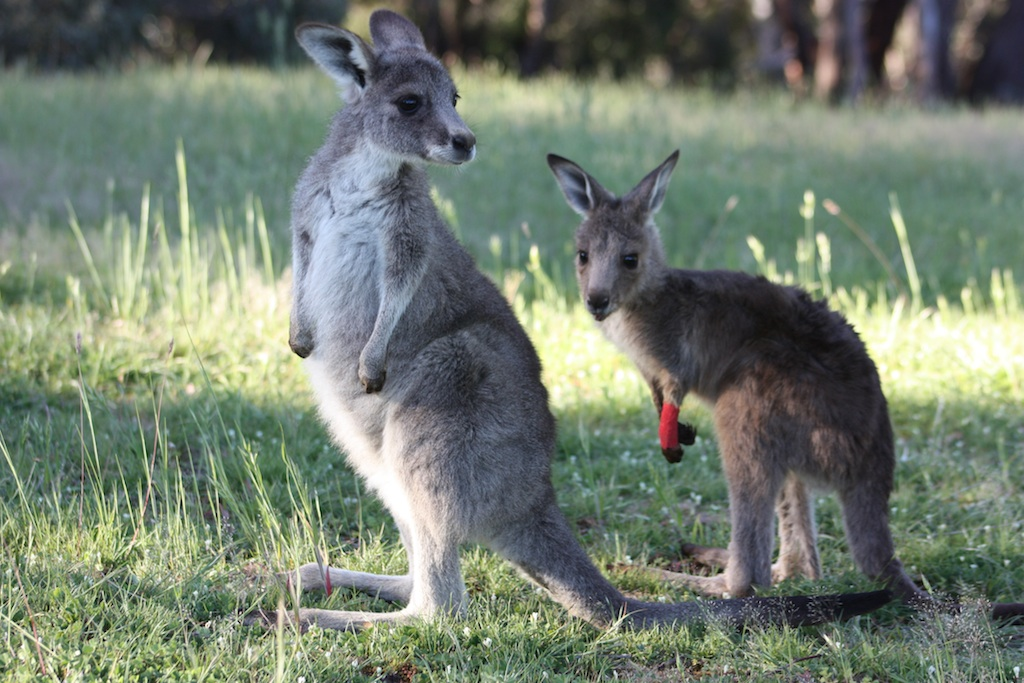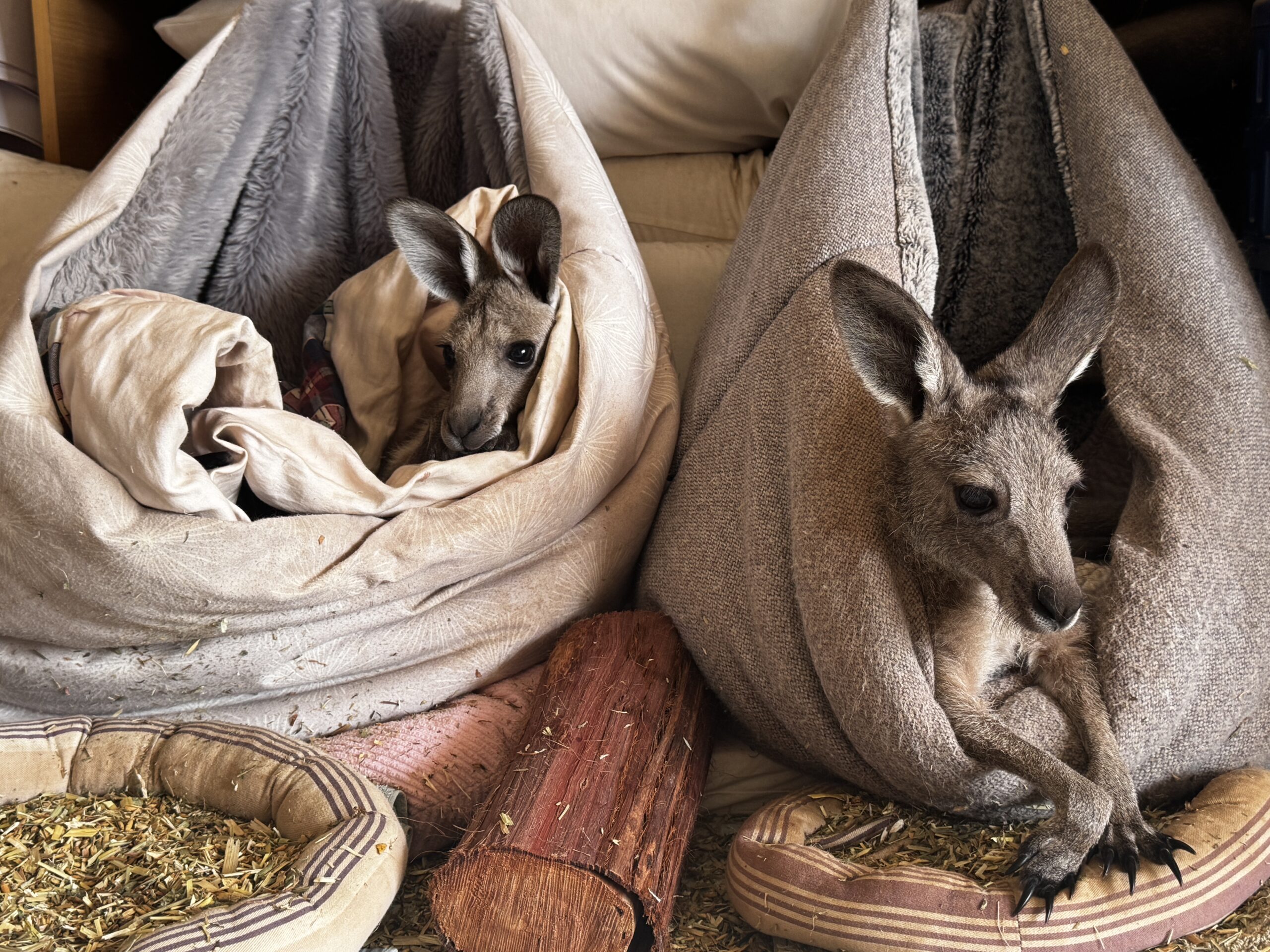Data on NSW licencing reveal the extent of Government-sanctioned destruction of native animals in the state | Conservation groups and wildlife carers to provide evidence of the extent of cruelty at inquiry into licensed killing SYDNEY (5 February, 2026)—Humane World for Animals Australia (previously Humane Society International Australia) will...
Iceland will allow commercial whaling to resume in ’devastating rejection of once-in-a-generation opportunity to end slaughter at sea’
Humane Society International says Minister’s dismissal of animal cruelty is ‘inexplicable’
BRUSSELS (31 Aug. 2023)―As news breaks that Iceland will allow the resumption of commercial whaling with the introduction of so-called “improvements”, despite clear evidence of immense animal suffering, global animal protection charity Humane Society International calls it a devastating and inexplicable decision.
Food, Agriculture and Fisheries Minister Svandís Svavarsdóttir issued the decision today to resume whaling on the advice from a working group that improvements could be made to the hunting methods used. Her announcement comes despite the suspension of whaling in June this year after publication of an independent report by the Icelandic Food and Veterinary Authority which revealed some whales killed in Icelandic hunts had taken up to two hours to die, with 41% of whales suffering immensely before dying for an average of 11.5 minutes. At the time, the Minister declared concerns that whale killing methods contravened the country’s Animal Welfare Act.
Ruud Tombrock, HSI/Europe’s executive director, said: “It is inexplicable that Minister Svavarsdóttir has dismissed the unequivocal scientific evidence that she herself commissioned, demonstrating the brutality and cruelty of commercial whale killing. There is simply no way to make harpooning whales at sea anything other than cruel and bloody, and no amount of modifications will change that. Whales already face myriad threats in the oceans from pollution, climate change, entanglement in fish nets and ship strikes, and fin whale victims of Iceland’s whaling fleet are considered globally vulnerable to extinction. With the need for whale protection so critical. this is a devastating rejection of a once-in-a-generation opportunity to end the slaughter at sea. There is a new shameful entry in the conservation history books―Iceland had a chance to do the right thing and it chose not to.”
Fast facts:
-
The International Whaling Commission agreed to enact a global moratorium on all commercial whaling in 1986.
-
Iceland left the IWC in 1992 but returned in 2002 with an exception to the moratorium, despite objections from multiple nations. Since re-joining the IWC, Iceland had killed more than 1,500 whales, including fin whales.
-
Iceland suspended hunting fin whales in 2016 due to a declining market for whale meat in Japan. Hunting resumed for the 2018 season when 146 fin whales were killed, including a pregnant female and a rare fin-blue hybrid whale, plus six minke whales. Icelandic whalers killed a single minke whale between 2019 and 2021, and 148 fin whales in 2022.
-
Fin whales are classified by the International Union for the Conservation of Nature as globally vulnerable to extinction despite decades of recovery since the commercial whaling moratorium.
Media contact: Wendy Higgins, director of international media: whiggins@hsi.org


